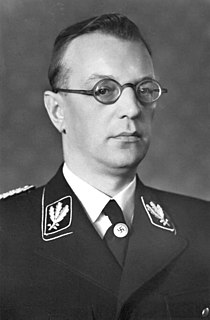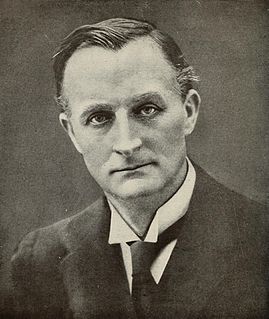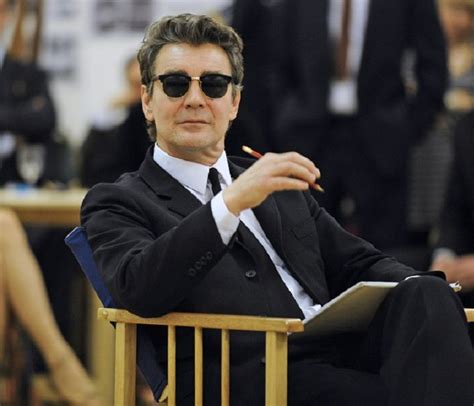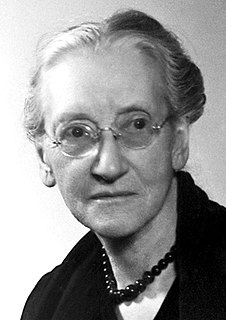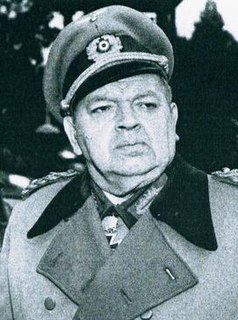A Quote by Adolf Hitler
Germany neither intends nor wishes to interfere in the internal affair of Austria, to annex Austria, or to conclude an Anschluss
Related Quotes
It was in 1590--winter. Austria was far away from the world, and asleep; it was still the Middle Ages in Austria, and promised to remain so forever. Some even set it away back centuries upon centuries and said that by the mental and spiritual clock it was still the Age of Belief in Austria. But they meant it as a compliment, not a slur, and it was so taken, and we were all proud of it. I remember it well, although I was only a boy; and I remember, too, the pleasure it gave me.

